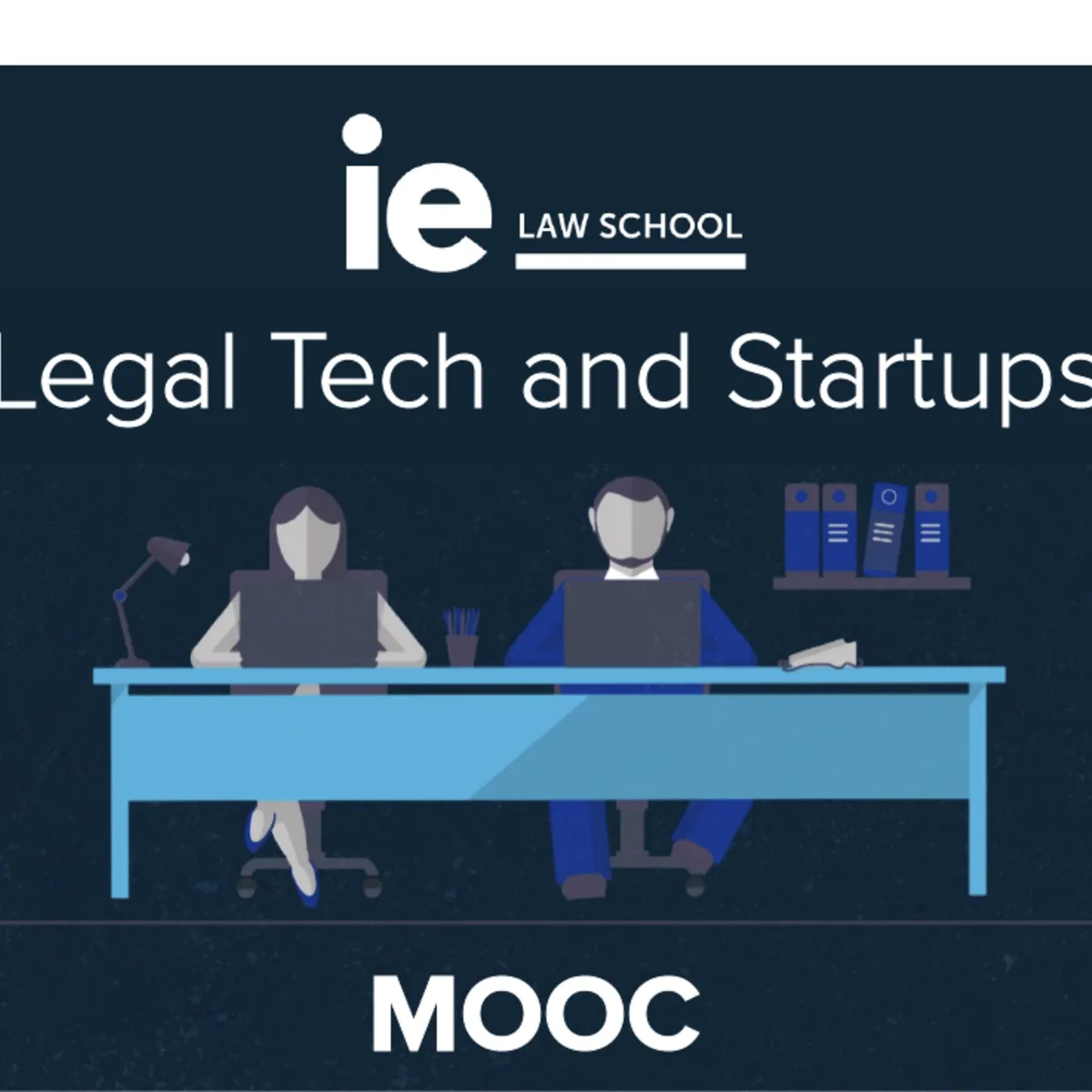
Intellectual Property: Inventors Entrepreneurs Creators 
This course provides an overview of the fundamentals of intellectual property, including patents, copyrights, trademarks, and trade secrets. It is designed to help inventors, entrepreneurs, and creators understand the legal aspects of protecting their ideas. ▼
ADVERTISEMENT
Course Feature
![]() Cost:
Cost:
Free
![]() Provider:
Provider:
Udemy
![]() Certificate:
Certificate:
No Information
![]() Language:
Language:
English
Course Overview
❗The content presented here is sourced directly from Udemy platform. For comprehensive course details, including enrollment information, simply click on the 'Go to class' link on our website.
Updated in [March 06th, 2023]
Learners can learn the fundamentals of intellectual property policy, including how it protects individual creators, business owners, and entrepreneurs. They can explore the connection between intellectual property protection and economic growth, and examine the history of intellectual property law in the United States. Learners can also gain an understanding of the different types of intellectual property, such as patents, copyrights, and trademarks, and how they can be used to protect their own creative works. Additionally, learners can learn about the legal implications of intellectual property, including the potential for infringement and the remedies available to those who have been wronged. Finally, learners can gain an understanding of the importance of intellectual property in the modern economy and how it can be used to promote innovation and economic growth.
[Applications]
The application of this course can be seen in the understanding of the fundamentals of intellectual property policy, the protection of individual creators, business owners, and entrepreneurs, and the connection between intellectual property protection and economic growth. Additionally, the course provides an understanding of the history of intellectual property law in the United States. This knowledge can be applied to the development of strategies for protecting intellectual property, as well as to the development of new products and services. Furthermore, the course can be used to inform decisions related to the acquisition and licensing of intellectual property.
[Career Paths]
1. Patent Attorney: Patent attorneys are responsible for researching, drafting, and filing patent applications on behalf of their clients. They must have a deep understanding of intellectual property law and be able to interpret and apply it to their clients’ needs. Patent attorneys must also be able to negotiate and litigate patent disputes. As technology continues to evolve, the demand for patent attorneys is expected to increase.
2. Copyright Lawyer: Copyright lawyers specialize in protecting the rights of authors, musicians, and other creators. They must be knowledgeable about copyright law and be able to advise their clients on how to protect their works. Copyright lawyers must also be able to negotiate and litigate copyright disputes. With the rise of digital media, the demand for copyright lawyers is expected to grow.
3. Trademark Attorney: Trademark attorneys are responsible for researching, filing, and defending trademark applications on behalf of their clients. They must have a deep understanding of trademark law and be able to interpret and apply it to their clients’ needs. Trademark attorneys must also be able to negotiate and litigate trademark disputes. As businesses continue to expand their brands, the demand for trademark attorneys is expected to increase.
4. Technology Licensing Attorney: Technology licensing attorneys are responsible for negotiating and drafting technology licensing agreements on behalf of their clients. They must have a deep understanding of intellectual property law and be able to interpret and apply it to their clients’ needs. Technology licensing attorneys must also be able to negotiate and litigate technology licensing disputes. As technology continues to evolve, the demand for technology licensing attorneys is expected to grow.
[Education Paths]
1. Law Degree: A law degree is a great way to learn about intellectual property law and the legal system. With a law degree, you can specialize in intellectual property law and become an expert in the field. You will learn about the different types of intellectual property, how to protect it, and how to enforce it. You will also learn about the legal system and how to navigate it. As technology advances, the need for intellectual property lawyers is increasing, making this a great career path.
2. Business Degree: A business degree is a great way to learn about the business side of intellectual property. You will learn about the different types of intellectual property, how to protect it, and how to monetize it. You will also learn about the business side of intellectual property, such as how to market and sell products and services that are protected by intellectual property. This degree is great for those who want to become entrepreneurs and inventors.
3. Computer Science Degree: A computer science degree is a great way to learn about the technology side of intellectual property. You will learn about the different types of technology used to protect intellectual property, such as encryption and digital rights management. You will also learn about the different types of software used to protect intellectual property, such as copyright protection software. As technology advances, the need for computer scientists who understand intellectual property is increasing, making this a great career path.
4. Economics Degree: An economics degree is a great way to learn about the economic side of intellectual property. You will learn about the different types of economic incentives used to protect intellectual property, such as patents and copyrights. You will also learn about the economic impact of intellectual property, such as how it affects innovation and economic growth. As technology advances, the need for economists who understand intellectual property is increasing, making this a great career path.
Course Syllabus
The Foundations of Patent Protection
The History of Patents
America’s Uniquely-Democratic Patent System
Patent Law & Litigation
The Patent System and U.S. Economic Growth
Pros & Cons

Interesting course

well researched

clear explanation

relevant and resourceful

informative

revealing

practically helpful

learned much

very informative.

Academic rather than professional certification

no comparison with other jurisdictions.
Course Provider

Provider Udemy's Stats at AZClass
Discussion and Reviews
0.0 (Based on 0 reviews)
Explore Similar Online Courses

Database Structures and Management with MySQL

WordPress for eCommerce How to Build an Online Store 2018

Python for Informatics: Exploring Information

Social Network Analysis

Introduction to Systematic Review and Meta-Analysis

The Analytics Edge

DCO042 - Python For Informatics

Causal Diagrams: Draw Your Assumptions Before Your Conclusions

Whole genome sequencing of bacterial genomes - tools and applications

Amazon FBA Product Launch - Giveaway and PPC Campaigns

Launch Strategy: 5 Steps to Capstone Experience

Legal Tech & Startups
 Related Categories
Related Categories
 Popular Providers
Popular Providers
Quiz
 Submitted Sucessfully
Submitted Sucessfully
1. What is the purpose of intellectual property law?
2. What is the connection between intellectual property protection and economic growth?
3. What is the history of intellectual property law in the United States?


Start your review of Intellectual Property: Inventors Entrepreneurs Creators